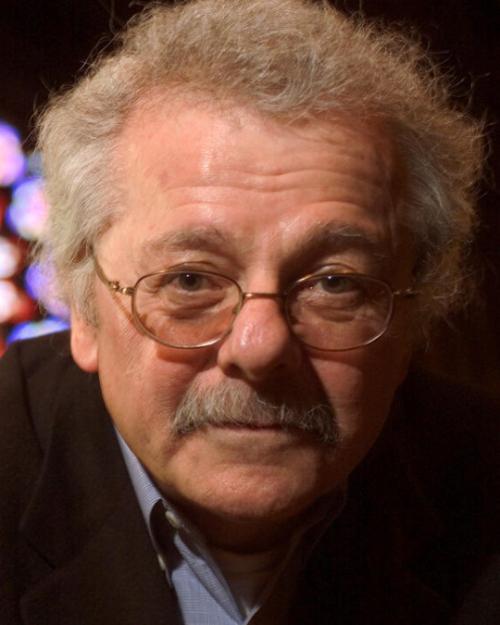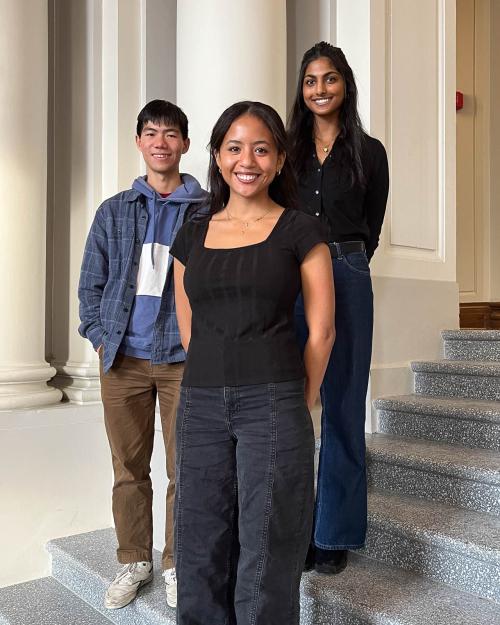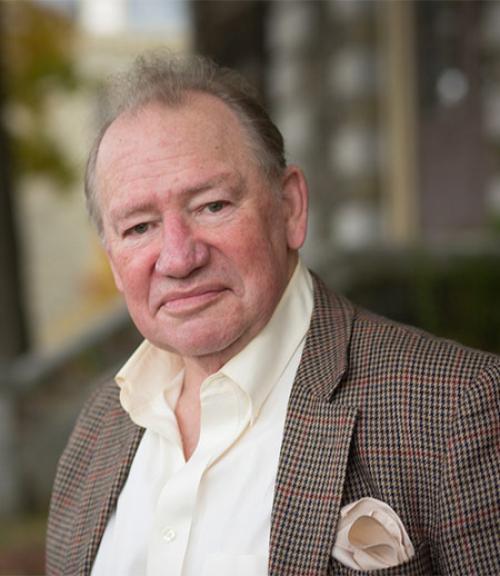Visiting Professor of Anthropology Terence Sheldon Turner, emeritus professor of anthropology at the University of Chicago, died Nov. 7 at Cayuga Medical Center of a brain hemorrhage. He was 79.
“Terry was a truly eminent anthropologist and one of the most insightful thinkers of his generation,” said Adam Smith, chair and professor of anthropology in the College of Arts & Sciences. “Terry’s contributions to anthropology were breathtaking in their scope and inspiring in the new vistas that they opened for critical analysis. Few anthropologists have had more impact on more domains of our discipline than Terry Turner.”
Known best for his ethnographic and activist work with the Kayapo communities of central Brazil, Turner’s work addressed topics from social organization and kinship, to myth, ritual, and history, from the construction of personhood to the ontology and epistemology of representation, from political organization and mobilization, to values, and inter-ethnic relations.
“Terry Turner’s legacy to anthropology is one of the most consequential bodies of work to have emerged during the past 40 or 50 years,” said P. Steven Sangren, professor of anthropology. “Both as an ethnographer of Brazil’s Kayapo and as an astonishingly acute and innovative theoretical thinker, Terry has changed how we think about culture.”
Turner was born on Dec. 30, 1935 in Philadelphia. He graduated cum laude with a B.A. from Harvard College in 1957, received an M.A. in 1959 from the University of California, Berkeley, in modern European history, and received a Ph.D. from Harvard in 1965 from the Department of Social Relations (Social Anthropology). He was a visiting assistant professor of anthropology at Cornell from 1966-68, then began as an assistant professor of anthropology at the University of Chicago in 1968. He retired as an emeritus professor in 1999, when he became an adjunct professor of anthropology at Cornell; he has served as a visiting professor of anthropology since he retired as an adjunct in 2004.
In addition to his scholarship, Turner was deeply involved in advocacy and human rights work and was interested in indigenous peoples' political struggles and associated ecological, cultural and rights issues. In 1998 he received the Solon T. Kimball Award from the American Anthropological Association (AAA) for outstanding contributions to the application of anthropology to human rights and development issues. He was also a founding member of the AAA’s Ethic and Human Rights Committees, and president of Survival International, U.S.A.
“He was an indefatigable warrior in defense of indigenous people’s rights, an inspiring teacher, and a generous colleague. Cornell has benefitted immeasurably from his presence and example; he will be sorely missed,” said Sangren.
Instituto Raoni, a Kayapo community organization with which Turner worked for the past 18 years, will be honored in December with the United Nations Equator Prize in recognition of their outstanding efforts to fight deforestation of the Amazon and its impact on indigenous communities in the rainforest. “Their efforts in this fight are one of Terry’s most powerful legacies,” said Smith.
Turner helped found the Kayapo Video Project, informally called the “Video Warrior Project,” which uses an innovative media strategy to document illegal extractive activities and land grabbing by Brazilians in Kayapo territory and increase accountability in the remotest parts of the Amazon rainforest. Many of the films that Turner advised and consulted on have been shown on television and around the world. One of those films, produced by Granada Television, U.K., “The Kayapo,” received a Golden Gate Award at the San Francisco International Film Festival as well as a Council of Europe Special Prize in the Geneva International Television Contest. It was also honored with an invited showing at the Margaret Mead Film Festival. But what mattered most to Turner was the impact these films had on his work on behalf of the Kayapo.
In a letter, sent last week, Kayapo leaders called him a “great warrior who taught us so much…We are lucky to have you as a great friend. We are very grateful to you for your example of life and dedication. Your respect and love for the Kayapó will always be remembered by all of us.”
Turner is survived by his wife, Jane Fajans, Cornell professor of anthropology; two daughters, Allison and Vanessa; and a sister, Allison Turner.




